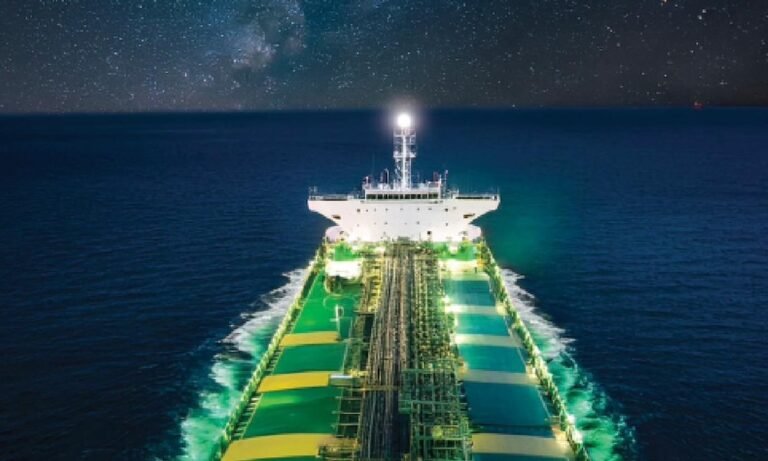A recent survey conducted by Splash and Inmarsat, as featured in Ship Concept 2035, sheds light on the imminent transformation of the maritime industry in the next decade. The survey underscores the industry’s readiness for significant technological advancements that promise enhanced safety and efficiency. However, it also reveals key challenges related to workforce adaptation, energy transition, and the alignment of global legislation with rapid technological changes.
One of the most striking findings of the survey is the expectation that over 50% of daily manual operations at sea will become redundant by 2035, as indicated by 49% of respondents. This shift towards automation is anticipated to lead to a considerable reduction in onboard crew numbers, with 50% of respondents foreseeing a decrease in crew size. Consequently, there is a pressing need for reskilling and upskilling programs to equip existing crew members with the necessary skills to operate emerging technologies like digital twins and autonomous vessels.
While there is optimism that increased use of IT will result in fewer maritime incidents, concerns about cybersecurity vulnerabilities associated with automation are paramount. The survey highlights the need for robust digital defences and comprehensive training to mitigate potential risks such as cyber threats, equipment malfunction, and human oversight errors.
Despite the industry’s digitalization drive, the vision of fully connected offices onboard with free broadband internet for the entire fleet may remain elusive, with only a small percentage of vessels expected to achieve this by 2035. Communication methods between vessels and shore are projected to evolve towards greater data exchange and AI-driven solutions.
A significant concern raised by the survey is the perceived challenge of global legislation keeping pace with technological innovations through 2035, with 74% of respondents expressing apprehension about regulatory gaps hindering the smooth adoption of new advancements.
Furthermore, despite efforts towards decarbonization, a substantial portion of the global fleet is predicted to continue relying on traditional bunker fuel by 2035, with 50% of respondents foreseeing that over half of the fleet will still consume traditional bunker fuel.
The full survey results can be found below:

